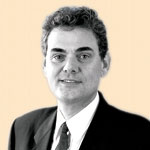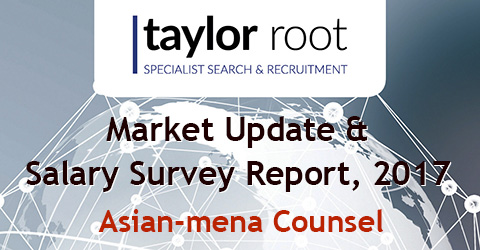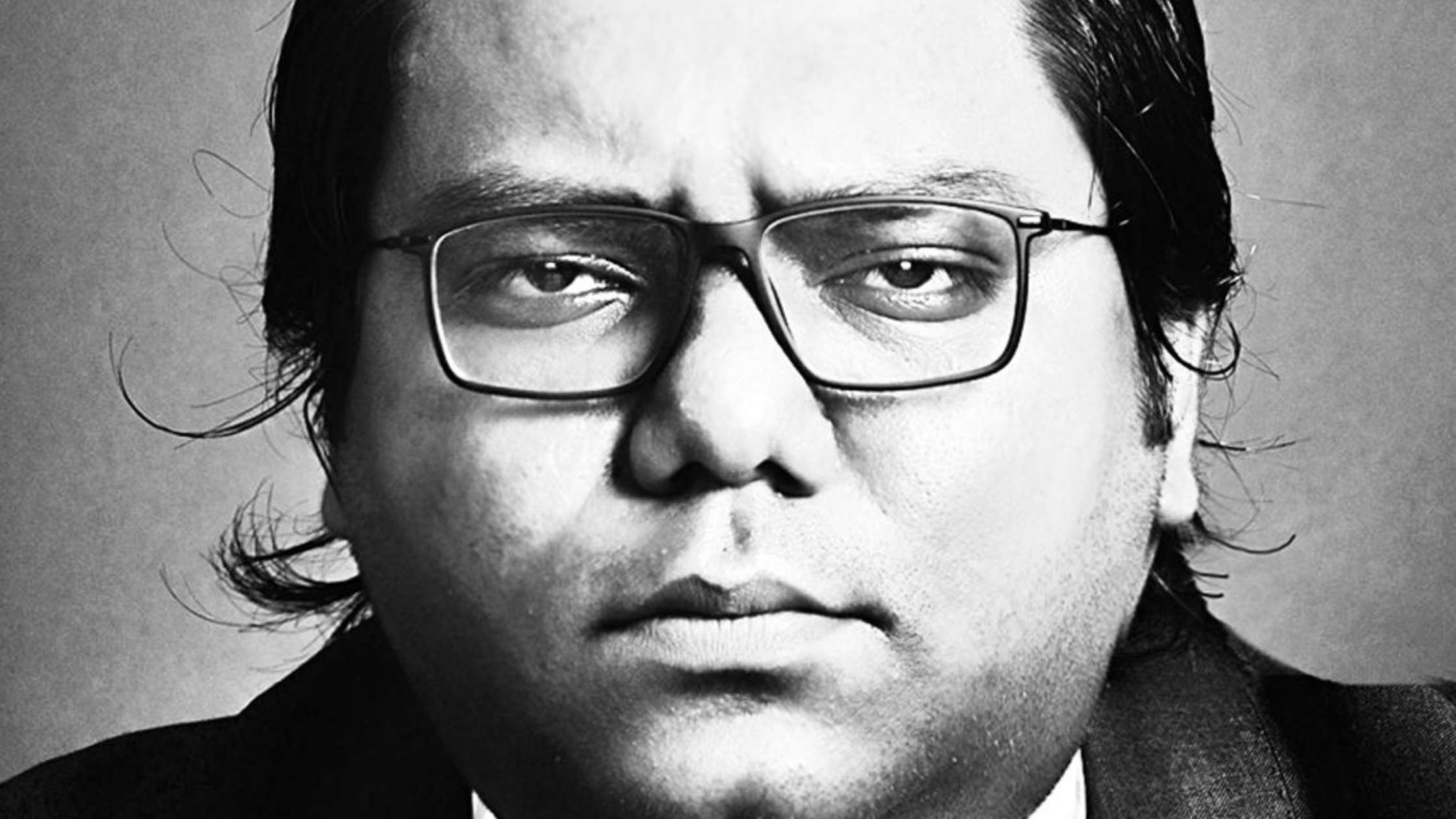
AC: What is the current composition of the HKMA in-house team?
SG: One general counsel, three deputy general counsel, five senior counsel and one counsel.
AC: How does the role of HKMA in-house practitioners differ from the role of practitioners at commercial banking institutes?
SG: I think the main difference is in the nature of the client. Banking institutions are commercially-orientated. HKMA is also party to commercial arrangements but, additionally, is part of Government and as such has macroeconomic and other policy responsibilities individual commercial institutions do not have. In giving legal advice, HKMA counsel need to have a good grasp of the relevant policy issues and repercussions when advising, documenting a given transaction or preparing for the enactment of legislation etc.
AC: Is there such a thing as a ‘typical day’ for an in-house practitioner at the HKMA?
SG: Obviously, work falls into various well-defined categories and there are some routine pieces of work that have to be dealt with regularly but it is seldom that two files are the same. Most days consist of a mixture of meetings, research and the preparation of written advice.
AC: How often does the HKMA seek the advice of external counsel?
SG: Given the confidential, specialist and sensitive nature of the work of the HKMA, we do not usually brief out. Our staff are all serious lawyers and want to use and develop their skills. The expertise of the office can best be developed if we keep the work in-house. We will however brief out on matters relating to intellectual property law and conveyancing law. Of course, we will also brief out if we need a foreign legal opinion or representation in court. Where we have given advice in a particularly novel or complex area, we will go to acknowledged experts for an independent view of what we have done to check that we are not missing points we should not miss.
AC: What will be the main challenges for the HKMA in the coming year, and how will the in-house team play a central role in addressing these issues?
SG: I think the main challenge for the HKMA in 2009 is to continue to provide a stable monetary environment and robust financial infrastructure to support general economic activity amid the sharp downturn of the global economy and tightening of credit conditions. As HKMA’s in-house legal advisers, we will continue to provide pro-active and tailored legal advice to client departments so that they can accomplish the policy initiatives of the HKMA.
AC: What types of innovations does the in-house team see as important for the HKMA in the coming year?
SG: As the global economy is facing a high degree of uncertainty, I think monitoring and management of risks to and vulnerabilities in the domestic monetary and banking systems will be an important task of the HKMA in 2009. The HKMA will continue to examine issues relevant to Hong Kong’s monetary and banking stability and recommend strengthening measures as and when necessary.
AC: How important will innovations like sound Islamic financing policies be to Hong Kong in light of the current global economic climate?
SG: Islamic finance is merely another means of financial intermediation. If Hong Kong can make use of this in the current global economic climate, we will have a comparative advantage over those who cannot. Hong Kong should leverage on its economic strength and the flexibility of its legal system to develop itself as an Islamic and conventional financial hub for the Region. AC
|

















